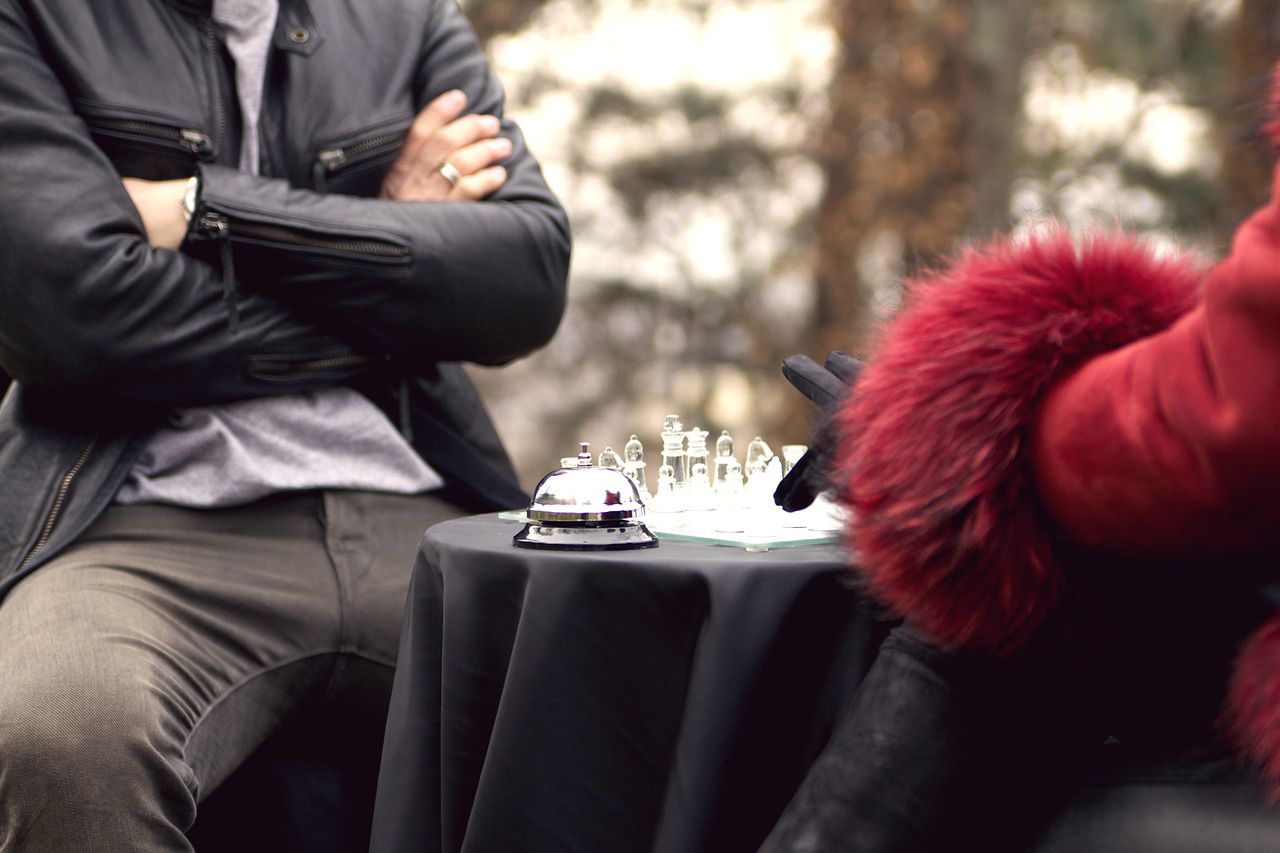While getting new experiences and remembering the outcomes of the past can be pretty beneficial, it doesn't always work as intended.
Social learning is traditionally valued in slowly changing environments where established information can be safely shared.
However, innovation becomes more relevant in rapidly changing settings.

An unusual experiment
Researchers from the Max Planck Institute for Evolutionary Anthropology, including Madeleine Ammar, Laurel Fogarty, and Anne Kandler, developed an agent-based simulation model to understand the evolution of social learning.
They explored when agents preferred learning from others, retaining information, or innovating.
Results revealed that agents with perfect memory had a plethora of behaviors to choose from, often leading to poor decisions.
Those who forgot less useful behaviors made better choices, highlighting the importance of forgetting.
What does it mean?
This improved the quality of observed behaviors available for social learning. Memory and forgetting together shaped cultural information, allowing individuals to thrive in dynamic environments.
This challenges the traditional notion that social learning evolves only in stable conditions, broadening the understanding of its evolution.
The intricate interplay among learning, memory, and forgetting has far-reaching implications for understanding social learning across diverse environmental conditions.













